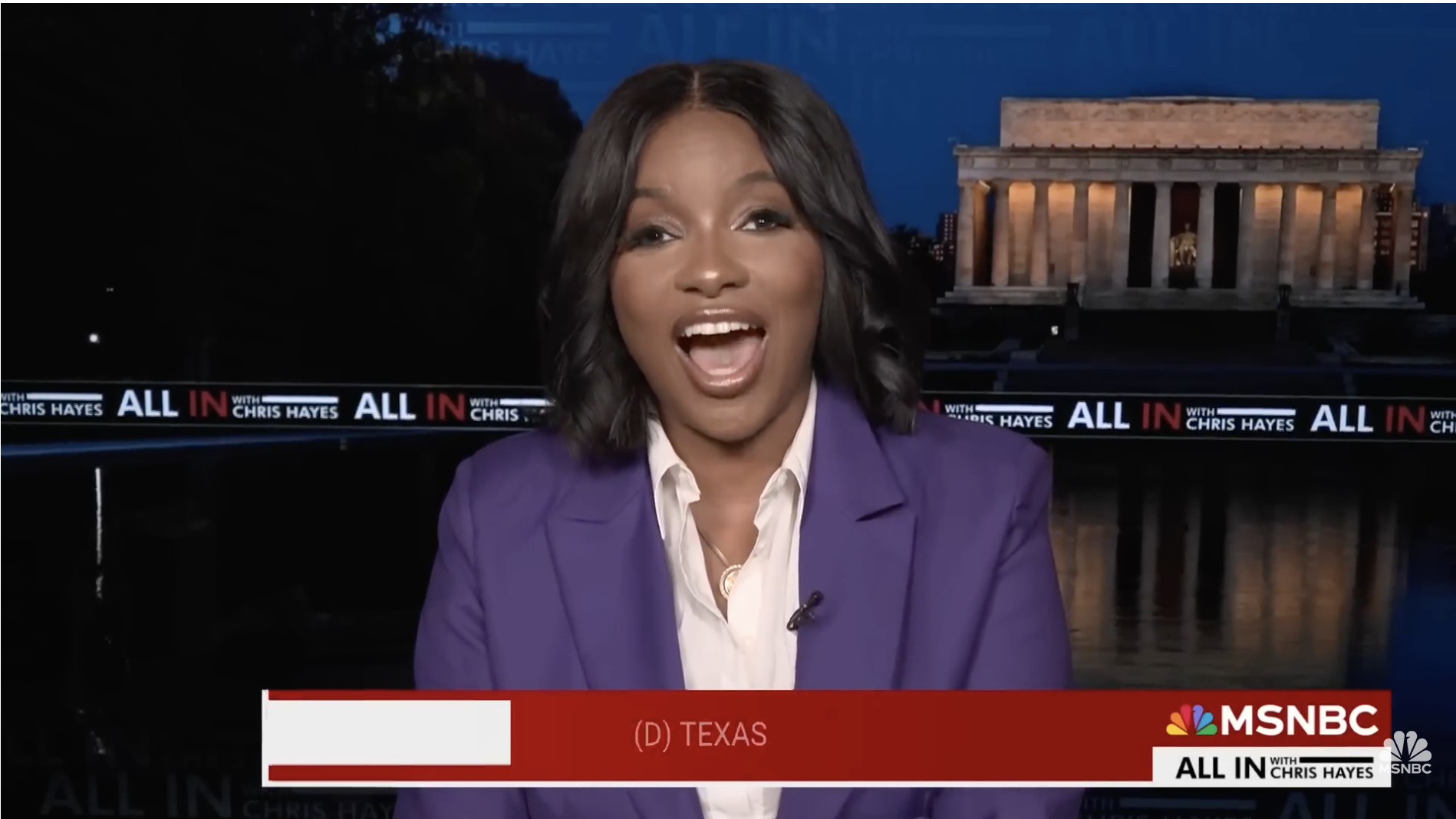The assassination of conservative activist Charlie Kirk on September 10 has intensified discussions around political rhetoric and its potential to incite violence. Critics argue that inflammatory language used by some politicians may contribute to a dangerous environment.
Kirk, a prominent figure in conservative circles, was killed by a suspect reportedly motivated by extreme political views. This incident has prompted responses from various political leaders, particularly within the Democratic Party, who have faced scrutiny for their choice of words in recent months.
In the wake of Kirk's death, Republican National Committee Chairwoman Ronna McDaniel stated, "This type of vile rhetoric led to Charlie Kirk’s assassination. When will enough be enough?" This comment reflects a growing concern among conservatives that harsh political discourse could lead to real-world violence.
California Governor Gavin Newsom has been particularly vocal, labeling Trump adviser Stephen Miller as a "FASCIST!" in a post on social media. Newsom's comments have drawn criticism for their potential to escalate tensions. He stated, "If you don’t want us to call you a fascist then stop doing fascist things."
Illinois Governor J.B. Pritzker has also faced backlash for his remarks, which some have interpreted as equating the Trump administration with historical atrocities. Pritzker said, "Look, I’ve built a Holocaust museum with survivors... this is the playbook folks," referencing his concerns about authoritarianism.
The rhetoric surrounding Kirk's assassination has led to broader discussions about the implications of political language. Virginia State Delegate Geary Higgins reported receiving a death threat following his comments about the political climate, attributing it to the "constant demonization from the radical left."
A recent Quinnipiac University poll indicates that 71% of registered voters view politically motivated violence as a serious issue, with 80% believing the country is in a crisis. Legal analyst Jonathan Turley noted that "rage gives people a license to say and do things that they would not otherwise say or do. It is addictive, it is contagious, and it is dangerous."
Democratic leaders, including House Minority Leader Hakeem Jeffries, have also faced criticism for their comments. Jeffries suggested that the Republican Party is fostering a resurgence of white supremacy, which he claims has historically triggered violent backlash. Critics argue that such statements could further inflame tensions.
As political discourse continues to heat up, the potential for violence remains a pressing concern. The ongoing debate highlights the need for careful consideration of language used in political contexts, as leaders on both sides grapple with the consequences of their words.
Why it matters
- Charlie Kirk's assassination raises alarms about the impact of political rhetoric on violence, prompting urgent discussions among leaders.
- Critics highlight the role of inflammatory language in creating a hostile environment, with calls for accountability from politicians.
- The incident has intensified scrutiny on Democratic leaders' remarks, suggesting they may contribute to escalating tensions and violence.
What’s next
- Political leaders are urged to reassess their rhetoric to prevent further violence and division.
- Calls for bipartisan discussions on political language are expected in the coming weeks.
- Investigations into the motivations behind Kirk's assassination are ongoing, with potential implications for political discourse.
